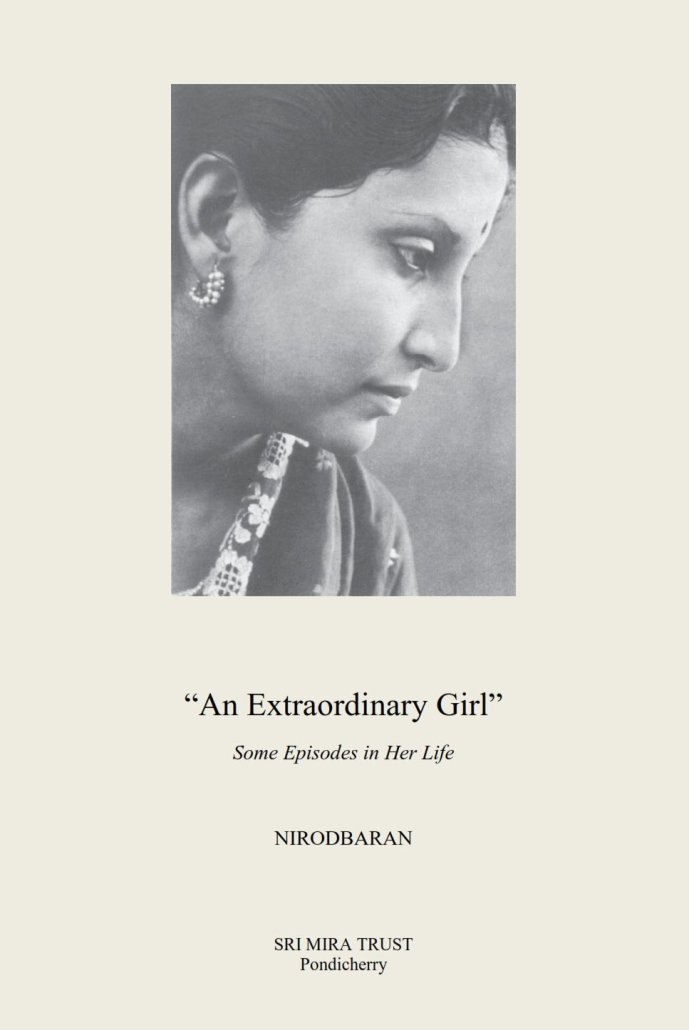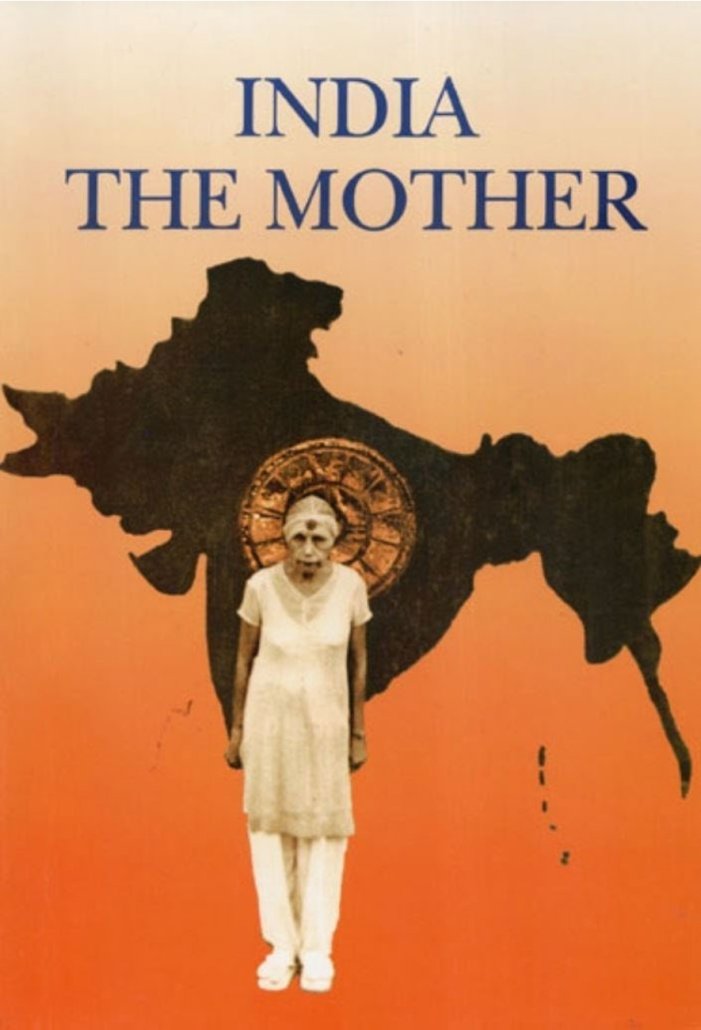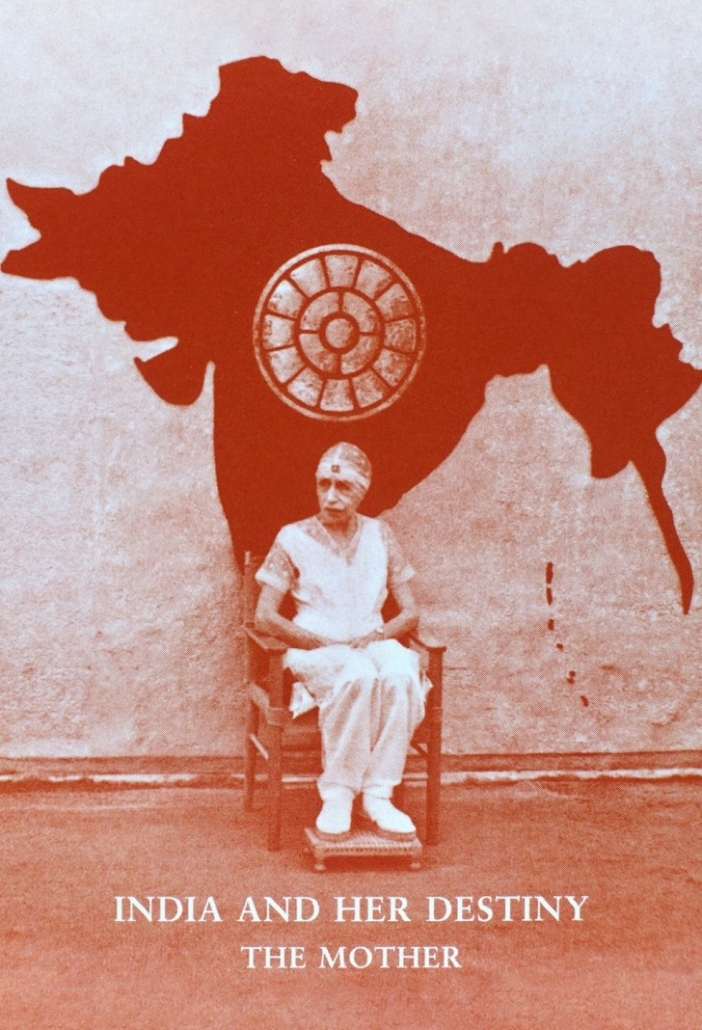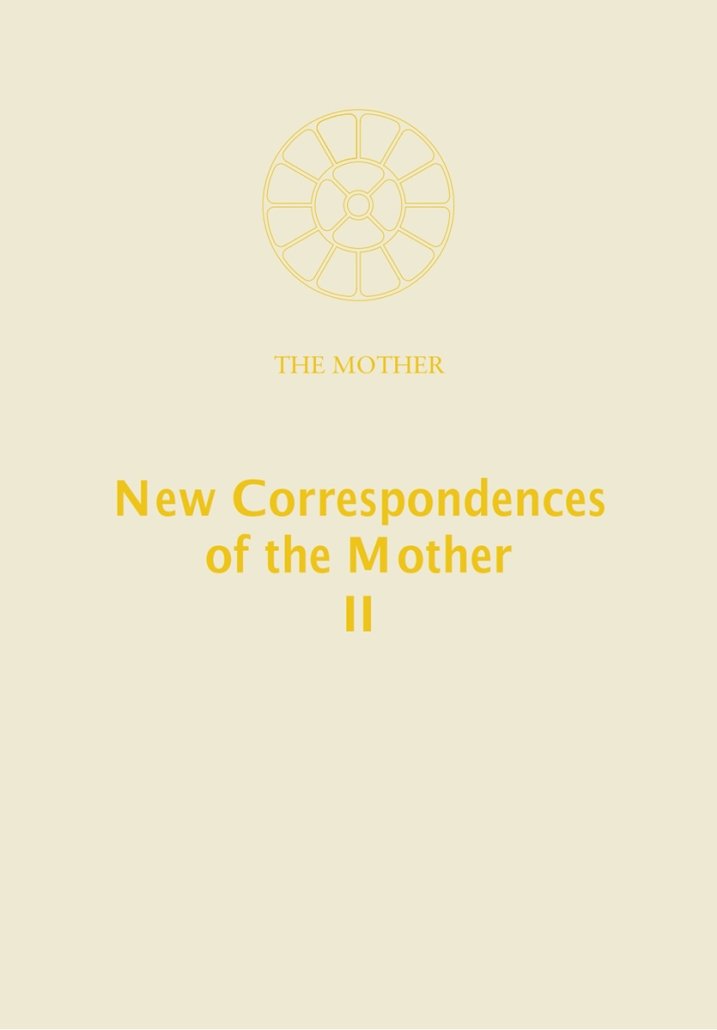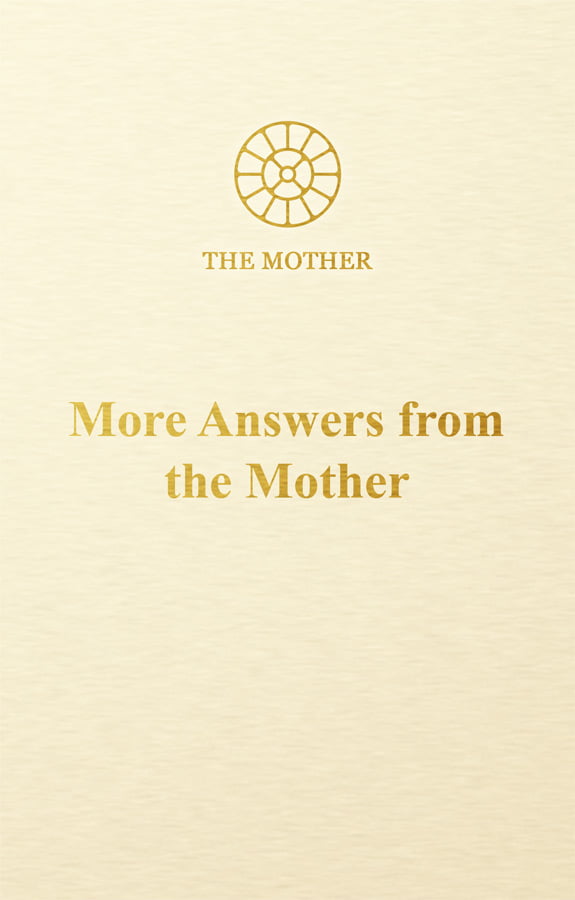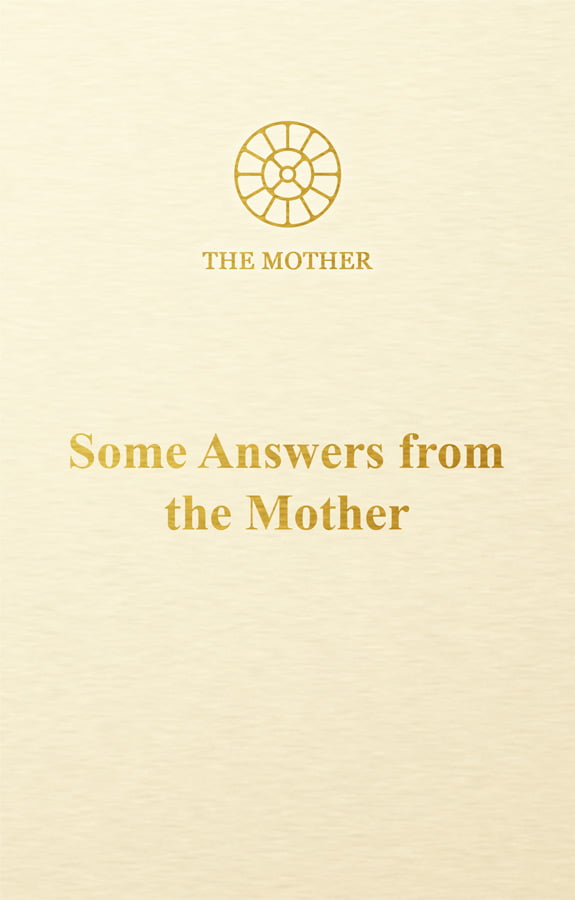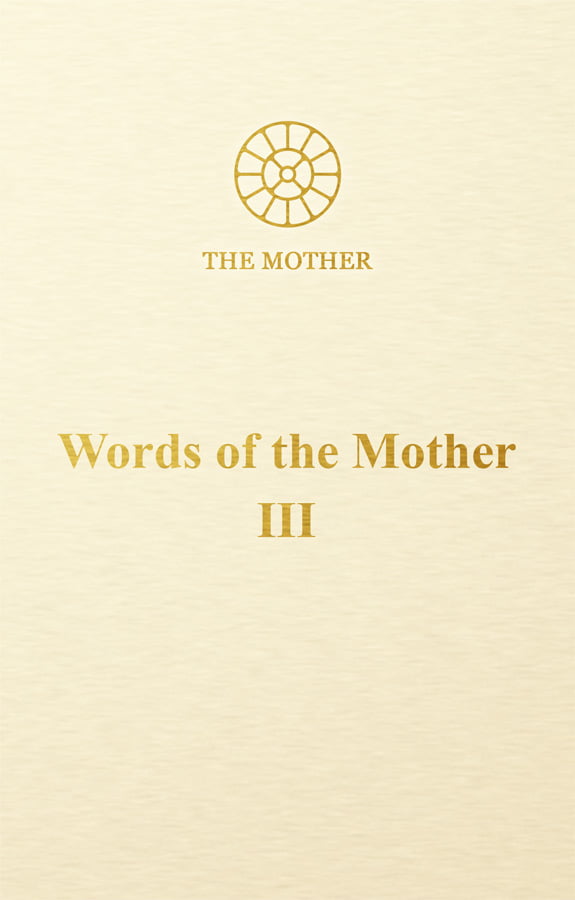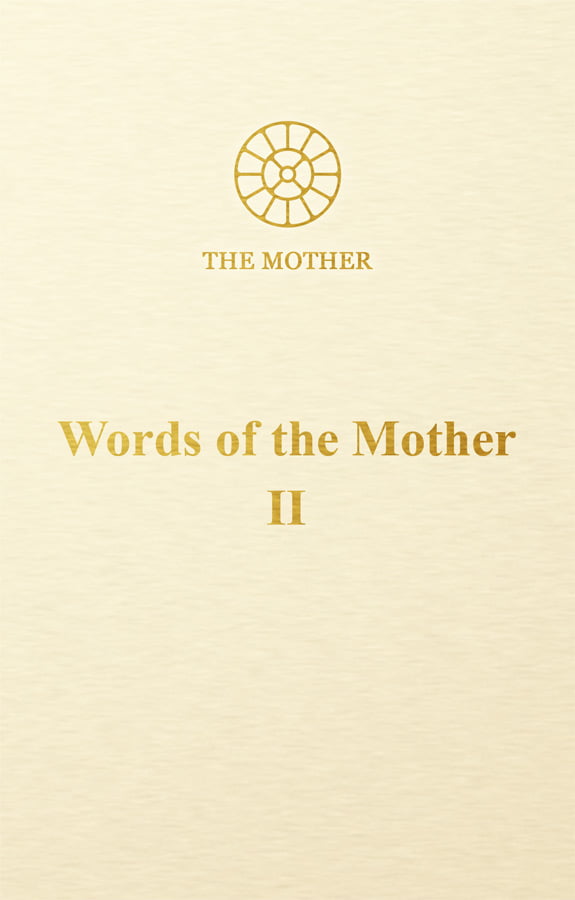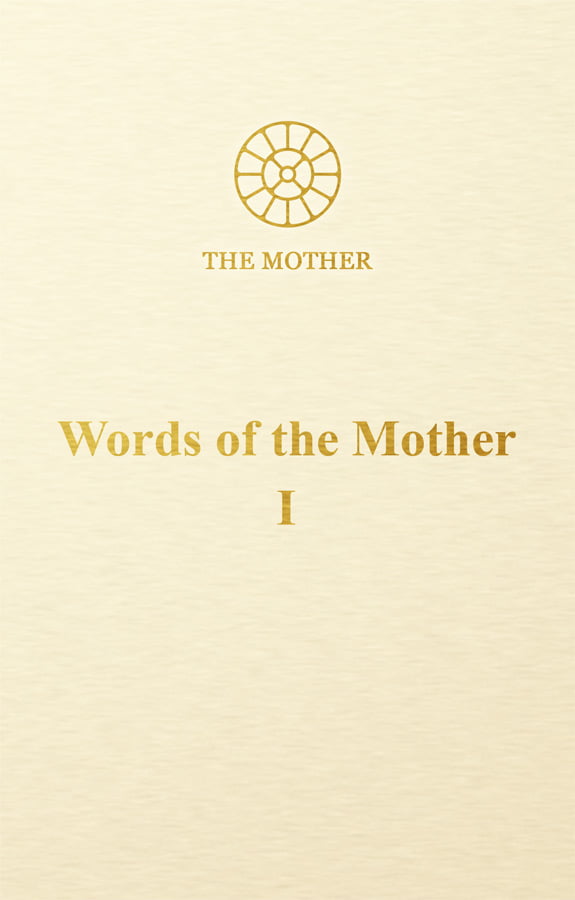I am with you by Kailas Jhaveri
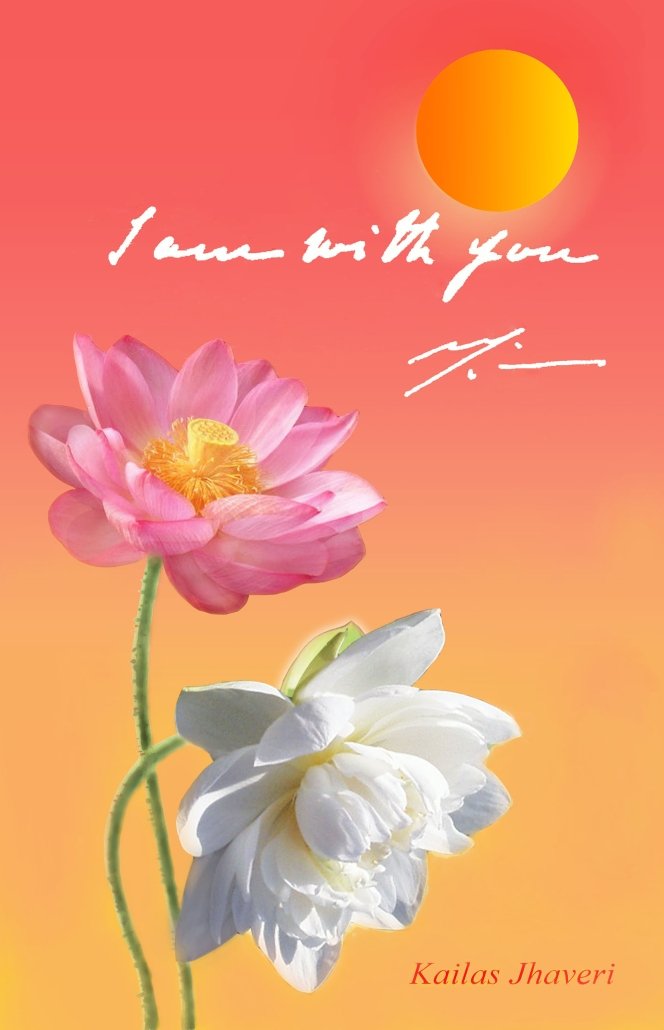
I am with you
“I am with you” recounts the author’s close relation with the Mother, reflected in the book’s title from a personal message received by the Mother, beginning with their first meeting in 1950 following Sri Aurobindo’s Mahasamadhi up until the Mother’s passing in 1973. It provides an inside view of the teaching and work of Sri Aurobindo and the Mother from a deeply devoted and dedicated sadhaka. It recounts the author’s work for the Mother in helping to establish UNESCO’s sponsorship of Auroville and various projects to promote its international status, including extended compilations made by the author for this purpose. It recounts her work with Richard on flowers and their interactions with Mother in this work. The book is replete with personal messages, correspondences, prayers and poems exchanged with the Mother, as well as their exchange of beautiful gifts. The book conveys the essential nature of a soul and life sincerely devoted to the Divine.
Book Details
Author: Kailas Jhaveri
Print Length: 348p.
Publisher: Sri Aurobindo Ashram
Book format: Pdf, ePub, Kindle
Language: English
Read more

